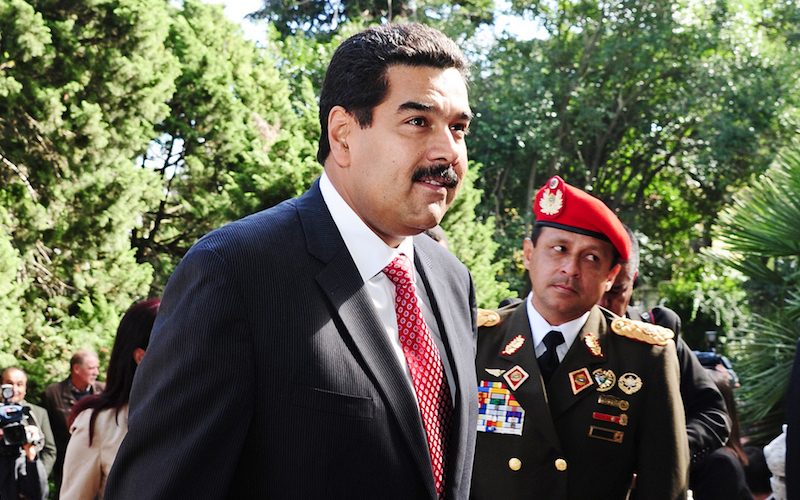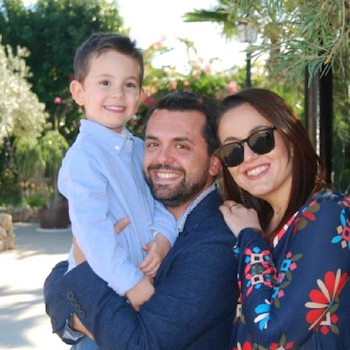
The Death of American Integration?
On April 28 Venezuela expressed its willingness to leave the Organization of American States (OAS), the world’s oldest regional organization. This leads us to ask ourselves what exactly does Vexit mean in terms of American integration. The answer? Not much really. In fact, it sounds at least strange to think about this country as part of OAS after its decision to leave the Inter-American Treaty of Reciprocal Assistance (AKA Rio Pact) in 2012.
While it’s true that since the end of Cold War and during the 1990s, the US has been trying to redefine the role of OAS as it once did with NATO. This process was abandoned abruptly when it withdrew from the region in order to focus on the Global War on Terrorism. Actually, in the context of newborn left-wing South American governments over the past decade, that leadership was rapidly taken by Hugo Chavez and Lula da Silva who were backed by the masses and most importantly by commodity bonanzas.
The 4th Summit of the Americas held in Argentina in November 2005 is usually seen as the milestone of a half alternative, half distorted view on how the region could make history without the US. Moreover, between 2008 and 2010 UNASUR and CELAC were created in order to solve every possible issue arising among its Member States. Despite this, those organizations remained silent or unable to act when it came to long standing territorial disputes that undermined true integration, such as the one involving Chile with its neighbor Bolivia. In fact, Bolivia decided to present its claim to the International Court of Justice against Chile in 2013, regarding access to the Pacific. Even the territorial dispute between Venezuela and Guyana was literally left aside in 2015 when UNASUR said the issue was not in its agenda, despite the fact that it was putting the region on the verge of war by the time David Granger expressed his concern about the deployment of Venezuelan troops in the Guayana Esequiba.
Chavez died in 2013 and so did both Bolivarianism and the idea of Socialism of the 21st century. Dilma Rousseff’s impeachment and the end of Cristina Fernández de Kirchner’s reign made the rest. The strongest ideological roots were dug up. Today not even the events that are taking place in Venezuela seem to catalyze the willingness of Latin American countries to gather in order to de-escalate tensions.
Venezuela is en route to become a failed state. Meanwhile, Brazil and Argentina are focused on solving their domestic issues after years of populist regimes. Also, the Trump administration still hasn’t defined a clear strategy when it comes to US relations with the Americas.
That being said it turns out that American integration has been dead for a while. The recent Bolivarian move is just another smokescreen to hide its domestic failures in a world in which Latin America seems to occupy the last place the US cares about. Is there still an issue able to reunite American countries as a common core interest? In that case, who will lead the integration process? Only time will tell.

